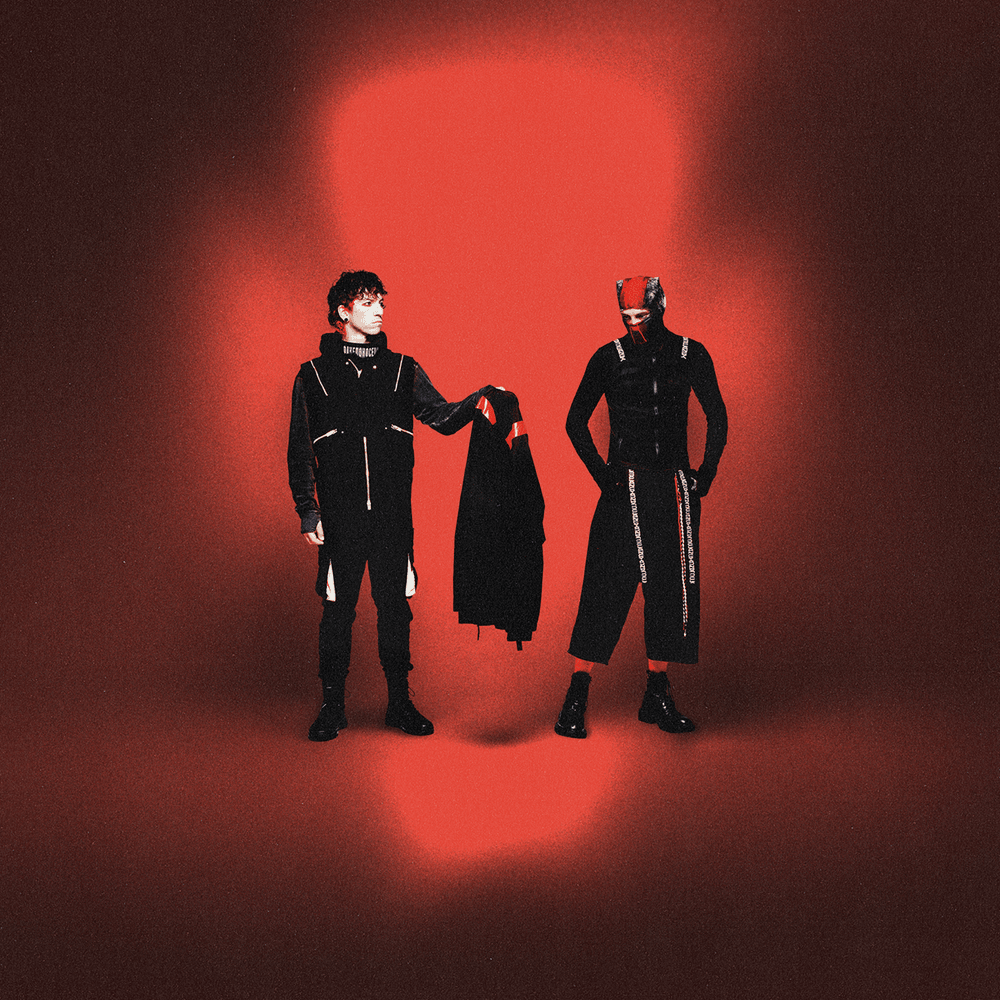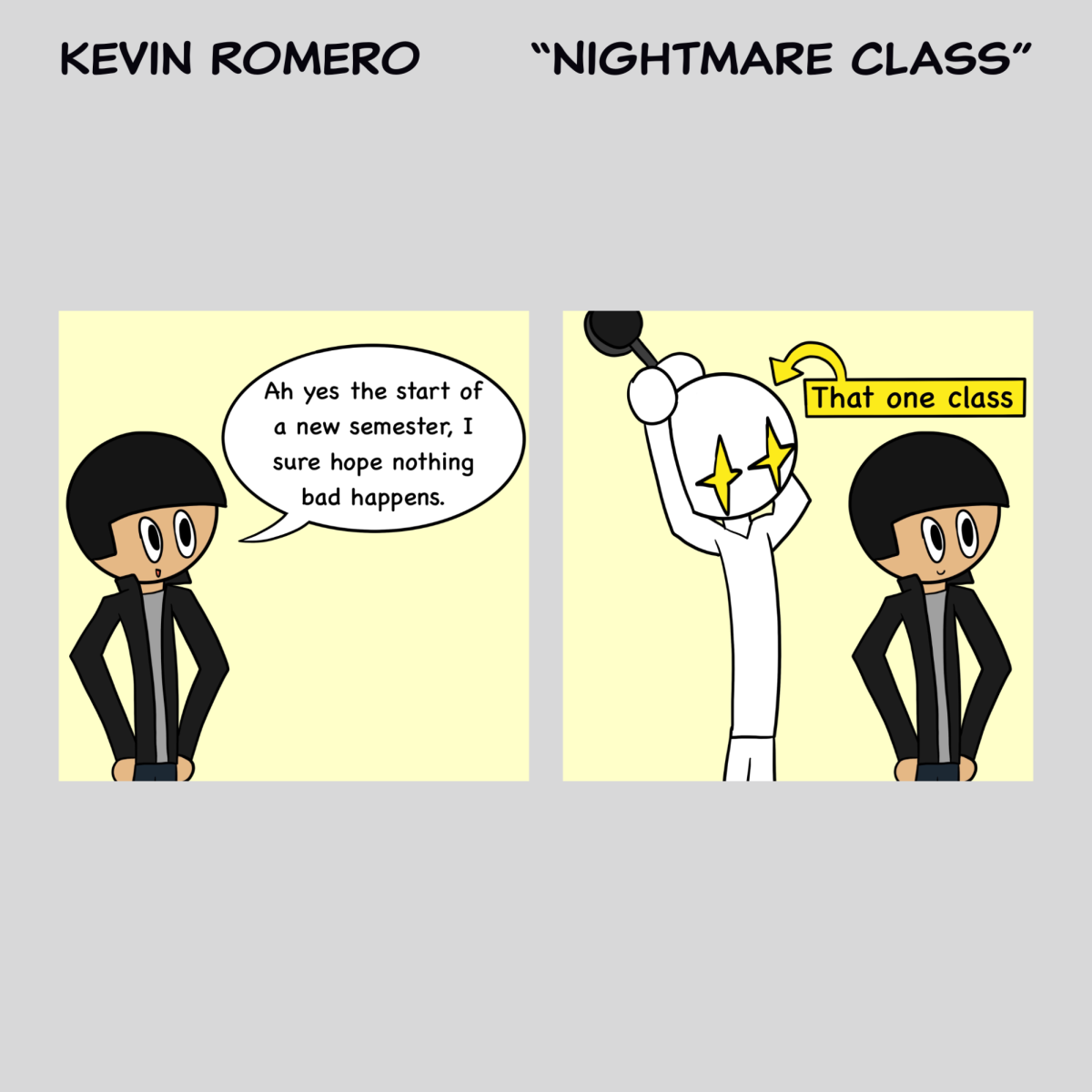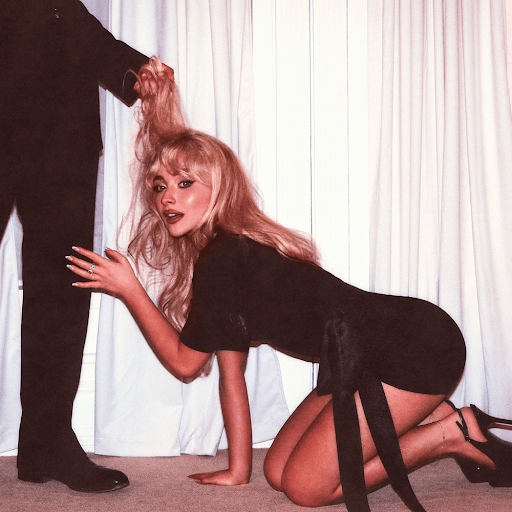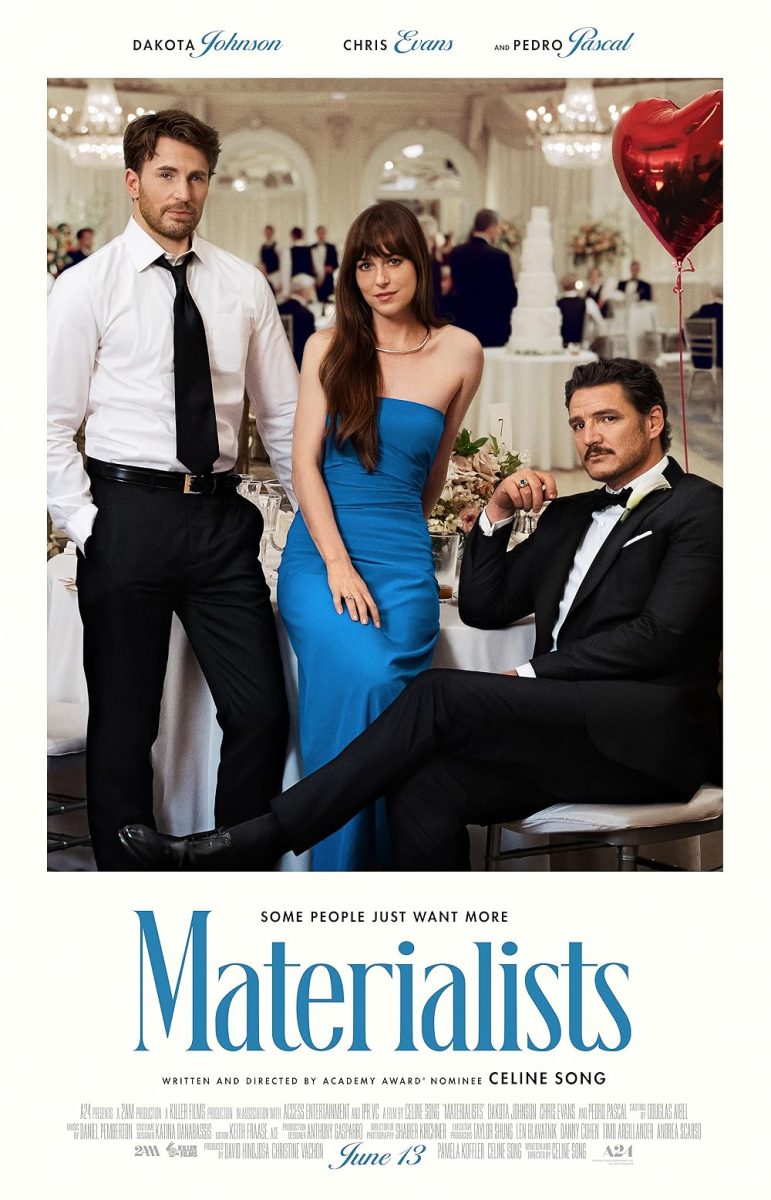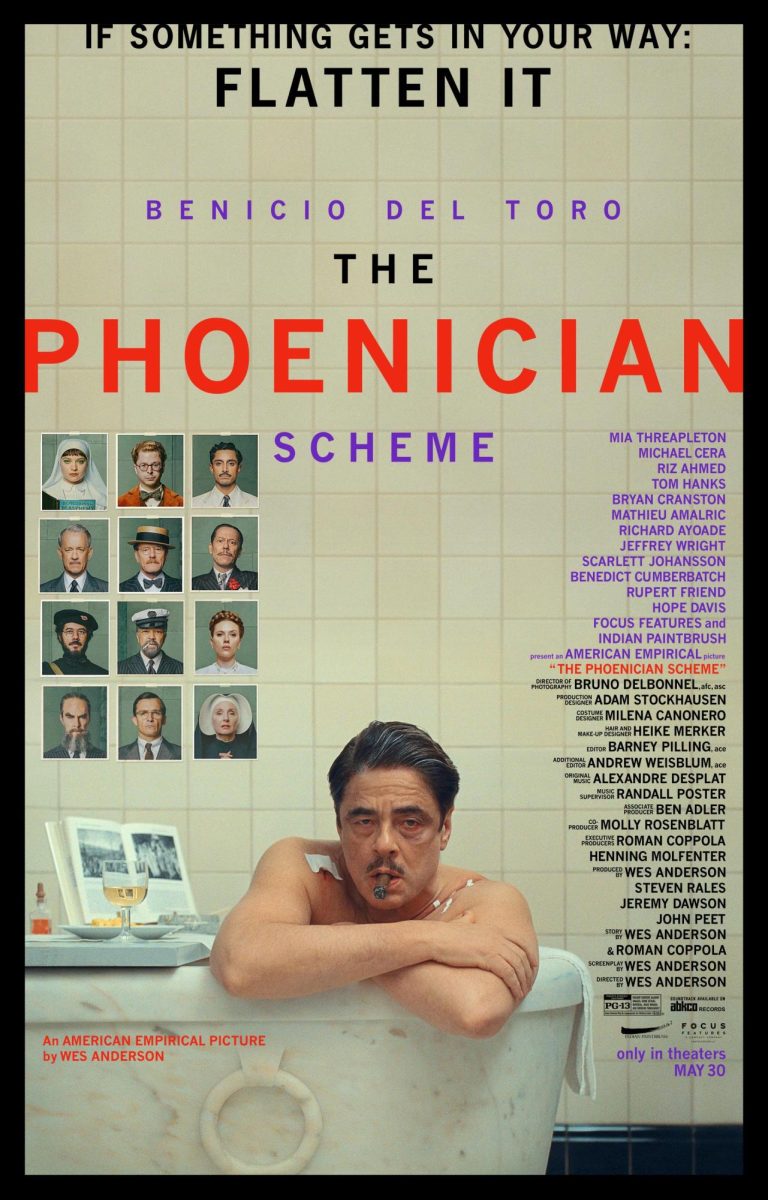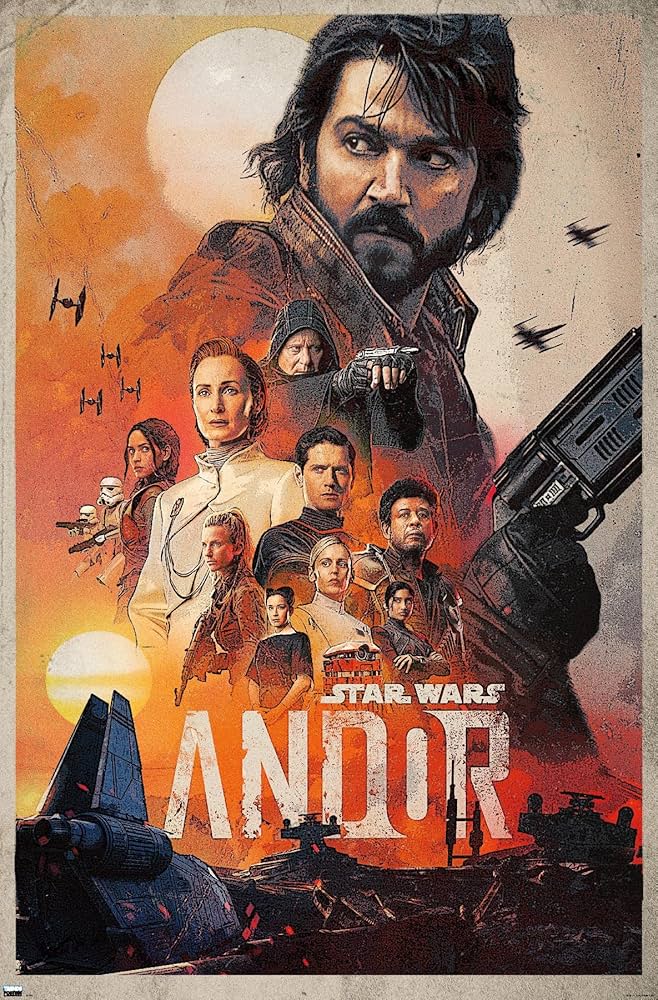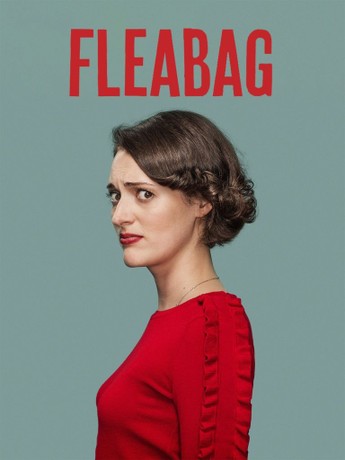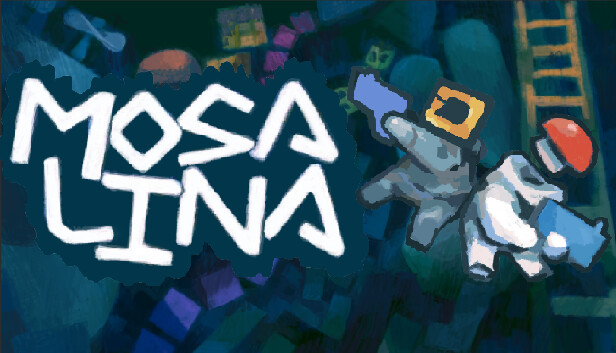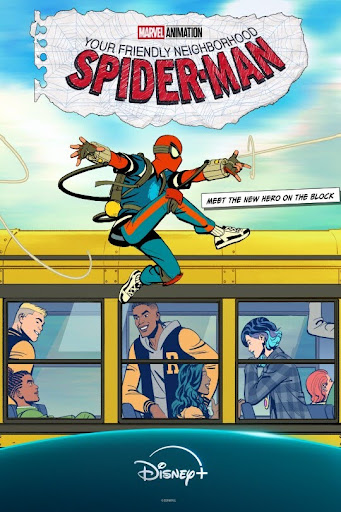
I’ll be honest: I was not excited for Your Friendly Neighborhood Spider-Man. Its opening pitch as a prequel/alteration to Spider-Man’s introduction to the Marvel Cinematic Universe (MCU) didn’t entice me at all, especially considering it was so early in his career that he would not have any villains to fight.
Even when the show course was corrected and separated from the main MCU timeline, nothing about the show seemed enticing to me. The 3D animation style looked ugly, and I am just sick of Spider-Man being in high school in every adaptation, especially considering that he was in high school for a fraction of his comic book history.
I won’t lie; I’m picky with Spider-Man stories, so this show had to live up to my near-impossibly high standards. Thankfully, though, I actually don’t hate it so far.
Your Friendly Neighborhood Spider-Man, while making some baffling creative decisions, does a good job of capturing the youthful drama that Stan Lee, Steve Ditko, and John Romita Sr. so effectively did back in the 1960s.
The show follows Peter Parker in the early days of his superhero career as he navigates his freshman year of high school by juggling Spider-Man, friends, and a dream internship.
This show has left me somewhat conflicted so far because, in so many ways, it pays loving homage to Spider-Man’s legacy and mythos, while also making decisions that leave me scratching my head. It has a great opening song that plays off of the classic Spider-Man theme, an amazing comics-inspired art style by Leonardo Romero that pays perfect homage to the bold colors of older comics, and effectively captures Peter’s conflict between superheroics, his school life, and his personal life.
On paper, this should be the perfect Spider-Man show, yet the first two episodes left me conflicted but cautiously optimistic. After episodes three through five, I can’t say I’m sold, but I’m definitely along for the ride.
The big elephant in the room is that the show opted for 3D animation. While I’m not inherently opposed to it, I think how it was implemented here can be acceptable at best to downright ugly at worst. 3D cartoons usually look ugly with very few exceptions such as Arcane, but this show also has a simplistic art style that mimics old comics, meaning there’s a lot less jank and ugliness to hide.
For the style and vibe of this show, the 3D animation does the show a disservice which is a shame because Romero has an incredible art style that perfectly modernizes those old comics such as the work he does for the Mighty Marvel Masterworks imprint.
I would have vastly preferred this show to be in 2D, as it better reflects the style this show attempts to go for. What makes this even more confusing to me is that X-Men ‘97 was released last year and is one of the best-looking animated shows in recent memory and was beloved by fans and critics alike.
Additionally, the show seemingly abandons almost all of Peter’s supporting cast. They insert other characters to fill that void, but I can’t help but feel like a core aspect of Peter’s life is missing in this version. There’s no MJ, Gwen Stacy, Flash Thompson, Betty Brant, or J Jonah Jameson. I’ll give the show some leeway since we are only five episodes in, but it does not seem as if any of these characters will be introduced any time soon.
The characters that take their place (at least so far) are kind of uninteresting, which just left me wanting the classic cast back, especially since they were so integral to Lee’s original works.
There is one good addition to the supporting cast. Lonnie Lincoln is a quarterback for the Midtown High football team and is an interesting inversion of the typical dumb jock trope that appears in nearly any high school story. He’s a genuinely kind and intelligent dude, which is a surprising switch from the jock bully archetype that Flash Thompson embodies.
Additionally, this show makes a bold change to make Peter’s mentor Norman Osborn, who fans will know as his arch-enemy, the Green Goblin, instead of Tony Stark (Iron Man) like his MCU counterpart.
This change upends any previous Spider-Man story as it makes Peter’s worst enemy his greatest ally.
I think this change leads to some fun and interesting dynamics and character moments, but I can’t help but feel disappointed that yet another version of Spider-Man is a super-genius who gets everything handed to him by a billionaire. Especially in his early years, stuff like this feels like a betrayal of everything the character stands for.
Spider-Man represents the average person who is just doing their best to try and get by, and I think shoving billionaires and military-grade tech in his face in nearly every version of the character at this point feels at odds with the basic premise of the character.
So far, Your Friendly Neighborhood Spider-Man has left me conflicted because it is a genuinely decent show once you get past the animation, but I can’t help but feel that in its attempts to be different from other adaptations, it feels formulaic all the same.
Score: 7/10



